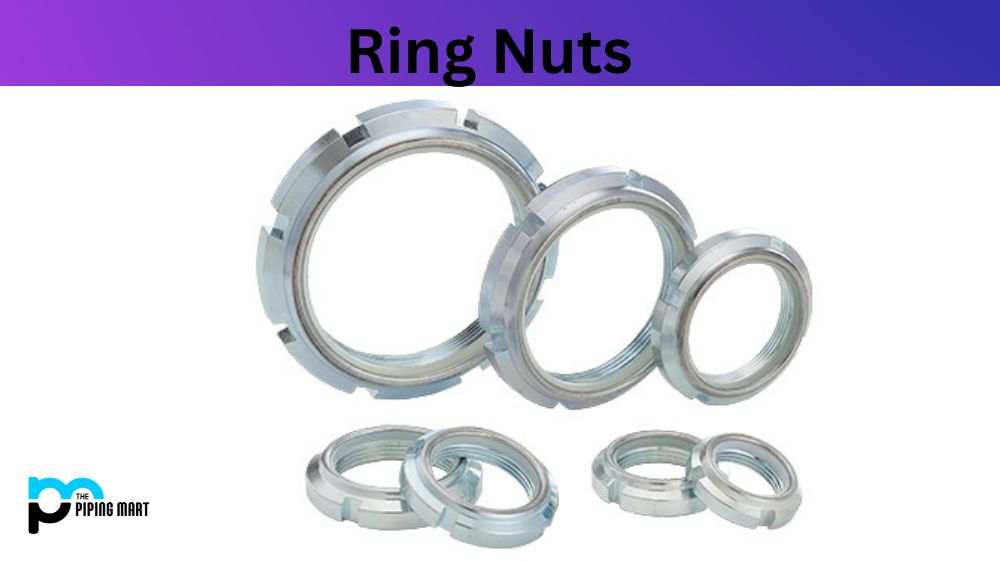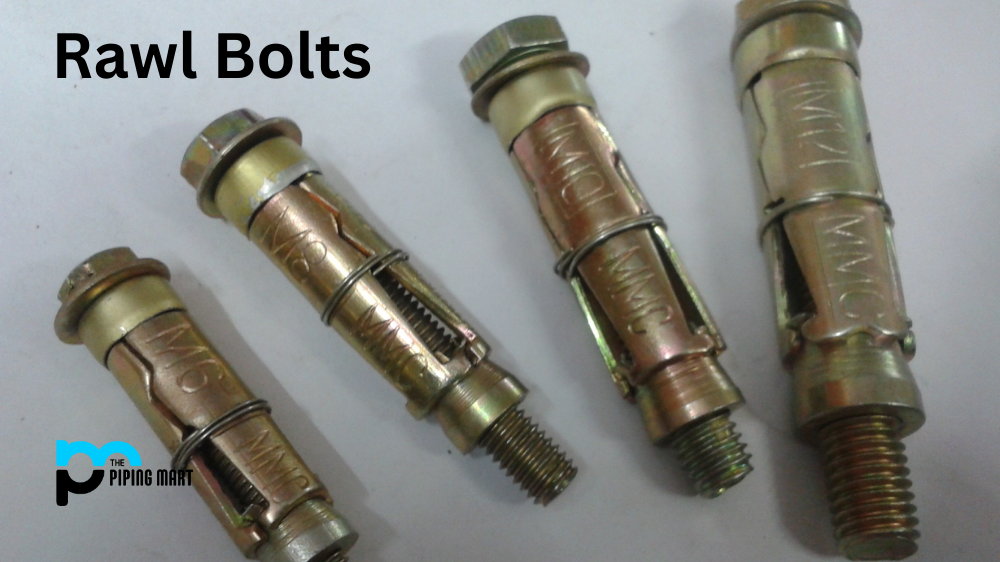Ring nuts are commonly used in the industrial world, but they are a term that only some people are familiar with. In simple terms, ring nuts are a speciality fastener that can be installed on any threaded bolt or rod. They are designed to provide a locking mechanism for the fastener and to prevent it from loosening during use. This blog post will explore ring nuts’ properties, uses, and applications.
What is Ring Nut?
Ring nuts are a type of fastener that is used to secure two pieces of material together. They utilize a threaded cylindrical section and a larger hexagonal flange, which allows for an adequate amount of torque to be applied in order to ensure the nut is securely tightened against the material. Ring nuts can be found in many types of applications, including automotive engines, electrical fixtures and other industrial uses.
Ring Nuts Properties:
Ring nuts are typically made of high-quality alloy steel, which provides excellent strength and durability. They are machined to precise specifications to ensure a proper fit with the specific bolt or rod they are intended to lock. Ring nuts can also be made in stainless steel, brass, or bronze, depending on the application’s specific needs. Ring nuts are designed to withstand high stress and vibration without losing their integrity. This means they are reliable fasteners that can be used in various industrial applications.
Ring Nuts Uses:
Ring nuts are versatile fasteners that are commonly used in the industrial world. They can be used in any application where a threaded bolt or rod must be locked. Ring nuts are widely used in the automotive, aerospace, and marine industries, as well as construction and manufacturing. They can be found in machinery, engines, aircraft, and ships. Ring nuts are ideal for use in high-stress environments, where vibration or shock could cause regular nuts to loosen, leading to failure.
Ring Nuts Application:
When installing ring nuts, it is essential to ensure they are installed correctly. First, the bolt or rod must be threaded into the hole and tightened. Then, the ring nut is installed, and the tightening process is repeated. The ring nut should be tightened until snug against the surface, with no play in the threads. The ring nut should be sufficiently tightened, as this could damage the bolt or rod. Once tightened, the ring nut provides a secure lock, preventing the bolt or rod from loosening during use.
Benefits of Using Ring Nuts:
The primary benefit of using ring nuts is that they prevent threaded bolts and rods from loosening, even in high-vibration environments. Ring nuts also provide a more secure locking mechanism than regular nuts, which can easily spin loose over time. Additionally, ring nuts are easy to install and require no special tools, making them a popular choice in many industrial applications.
Conclusion:
In conclusion, ring nuts are an essential fastener in the industrial world. They are designed to provide a secure locking mechanism for threaded bolts and rods, preventing them from loosening during use. Ring nuts are made of high-quality alloy steel, making them durable and reliable in high-stress environments. They are easy to install and can be used in various industrial applications. Consider using ring nuts if you want a reliable locking solution for your threaded bolts and rods.

Abhishek is a seasoned blogger and industry expert, sharing his insights and knowledge on various topics. With his research, Abhishek offers valuable insights and tips for professionals and enthusiasts. Follow him for expert advice on the latest trends and developments in the metal industry.




